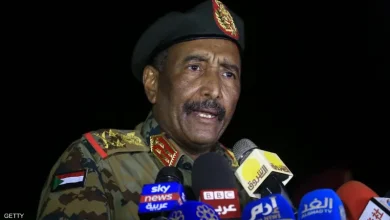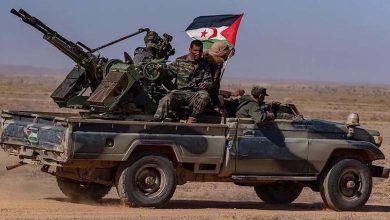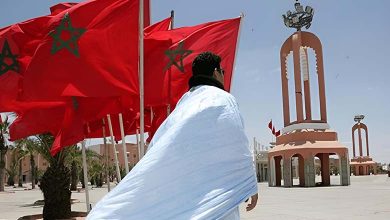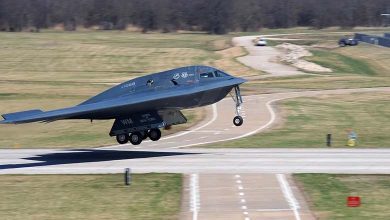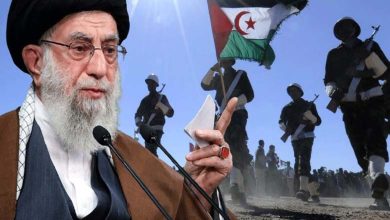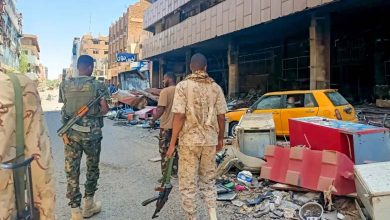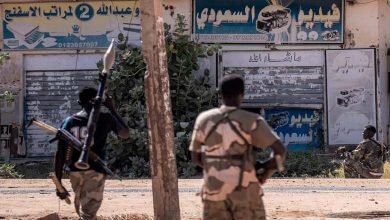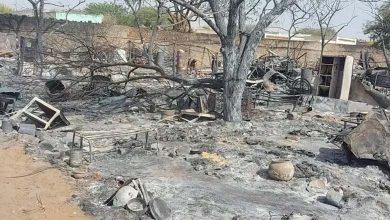Iranian marches fuel war in Sudan in a battle for influence
Iran seeks to assert more power in the strategic waterways of the Red Sea by bolstering its military support to the Sudanese army alongside backing for the Houthis
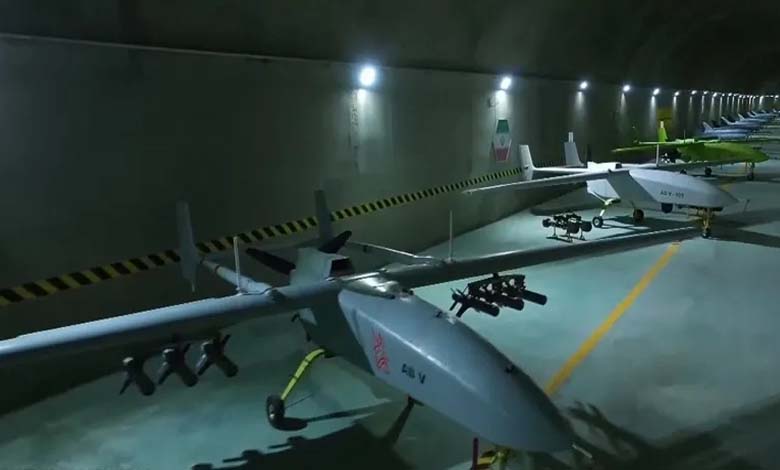
Day by day, the threads and networks of Iranian support to the Sudanese army led by General Abdel Fattah al-Burhan are being unveiled, raising fears of the Sudanese arena turning into an international, regional battleground and a new arena for Iranian influence threatening the region.
The American website “Semafor” revealed, according to intelligence data, that the Sudanese armed forces deployed Mohajer 6 drones to try to prevent offensive operations by the Rapid Support Forces that seized control of vast areas of central and western Sudan, as well as a large part of Khartoum, last year.
Last month, the United States expressed concern over reports of arms shipments from Iran to the Sudanese army, with U.S. diplomat to Sudan, John Godfrey, saying Washington was “deeply concerned about external support” to the Sudanese army, adding that there were reports of resuming relations between Sudan and Iran, which could include Iranian financial support to the Sudanese army, a matter of concern for us.”
Despite Tehran’s attempts to bolster its influence in Sudan by exploiting the civil war, Sudanese-Iranian relations are longstanding and were strengthened during the reign of former President Omar al-Bashir through the agreement of both countries to support Palestinian factions in Gaza, especially Hamas, by transferring weapons, which angered the United States and Israel.
The American website points to U.S. and Washington allies’ concerns about the potential for the Sudanese army, with its Islamic orientation, to become a militia similar to Iraq’s Popular Mobilization Forces.
In contrast, although Iranian and Sudanese officials have welcomed the reopening of their respective embassies in recent months, they have not publicly disclosed any military cooperation, with observers believing this is to avoid Western pressures.
As part of political rapprochement between the two countries, last month, Iranian Foreign Minister Hossein Amir Abdollahian hosted his Sudanese counterpart Ali al-Sadiq in Tehran as part of efforts to reopen each country’s embassies. The Sudanese foreign minister praised advanced relations with Tehran but stressed it would not be at the expense of relations with the West.



